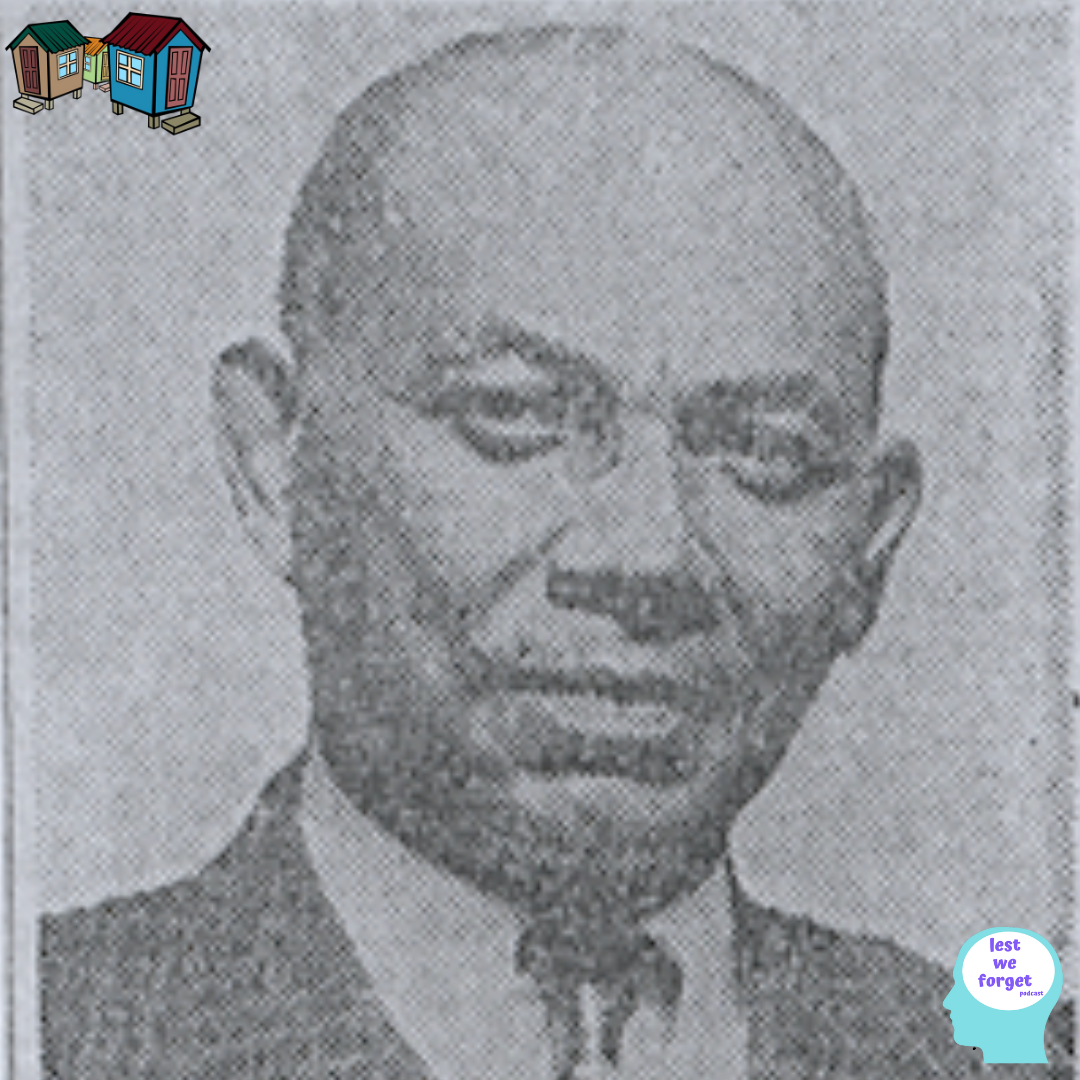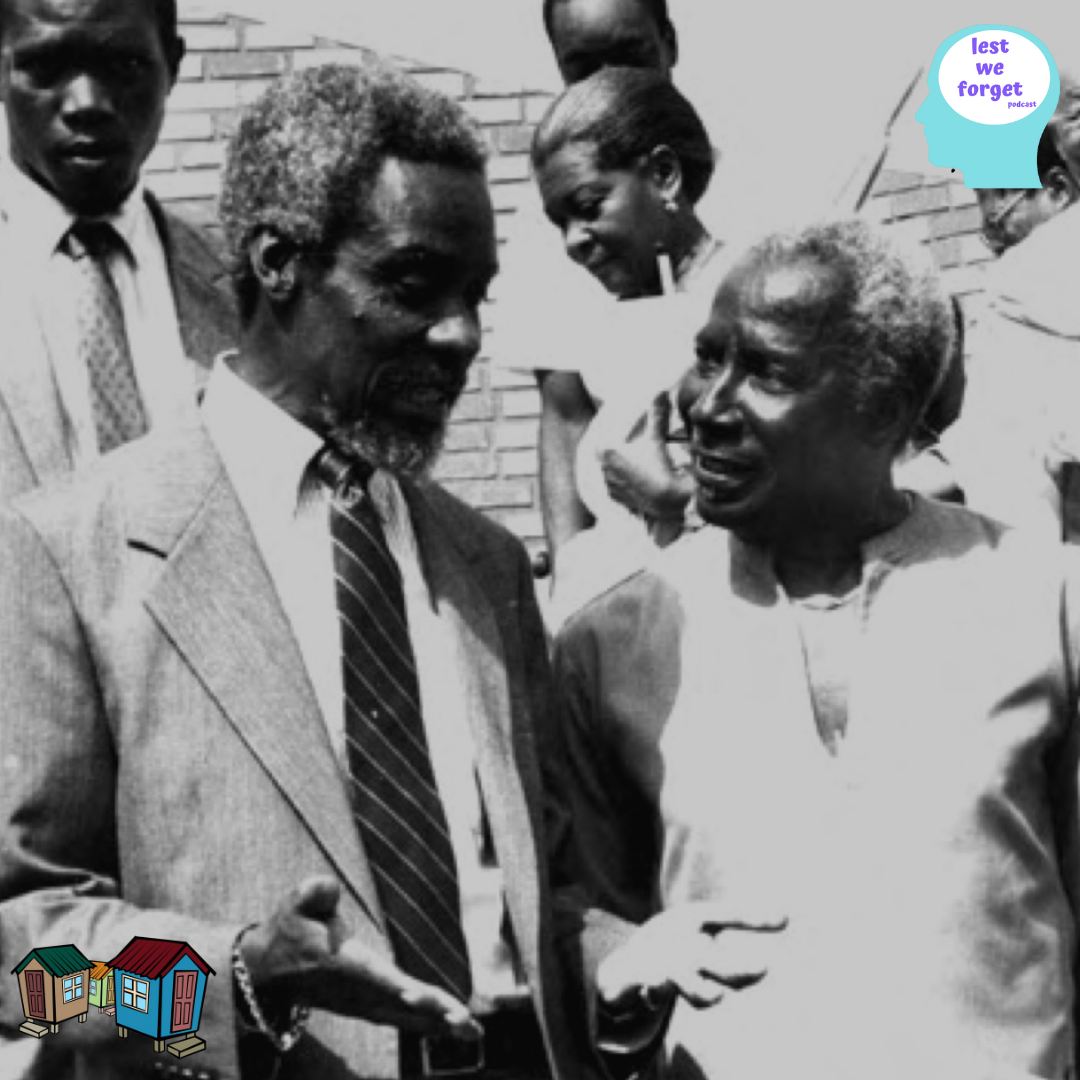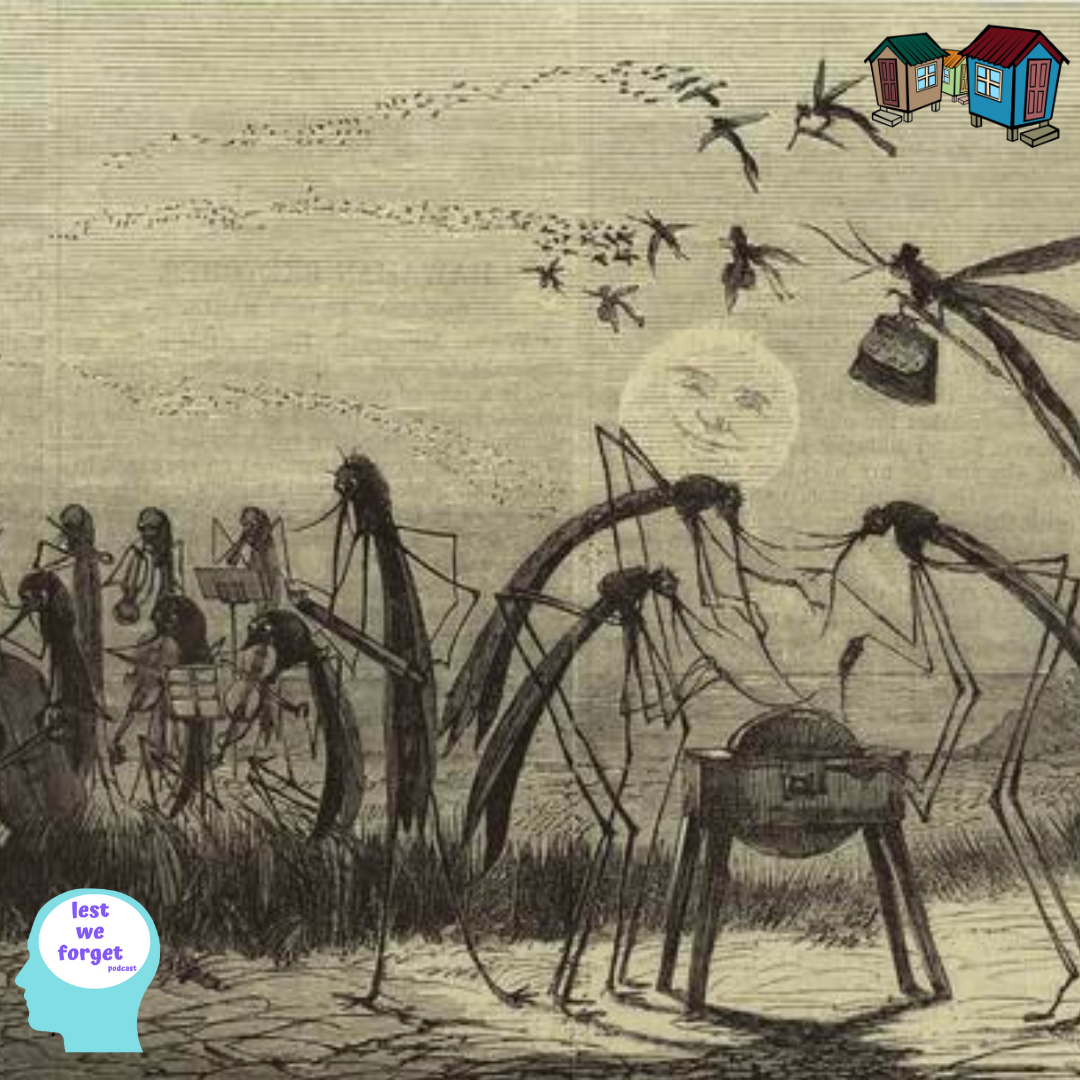
Jamaica’s First Corrupted Politician
To understand the root of political corruption on the island, we look at the first politician to be found guilty of fraud in modern Jamaica’s history.

The Censorship Years of Comrade Ralph
Today, St. Vincent and the Grenadines’ prime minister, Dr. Ralph Gonsalves, is one of the region’s most respected heads of government. But back in the 1970’s, this affection was non-existent as he was persona non-grata throughout the Eastern Caribbean.

Welcome To Jamrock: Jr. Gong vs Brand Jamaica
Although an international hit, back home in Jamaica, some sections of society had strong opinions about Damian Marley’s, “Welcome To Jamrock”.

Everyone Except Haitians
Due to certain events in the region, the 1970’s saw thousands of West Indians emigrating or seeking refugee status in the United States. But Haitians would soon realise that the U.S. immigration & refugee system did not work the same when it comes to them.

The Fight for the Emancipation Day Holiday in Jamaica
Since August 1st, 1838, Jamaica, and the rest of the British West Indies, achieved emancipation. Since then, it has been ongoing debate on the necessity of commemorating the end of one of the most brutal acts of mankind.

The Bombing of Cubana Airlines Flight 455
In the mid 1970’s, the first and only-mid air bombing of a civilian airliner in the Western Hemisphere took place thus becoming one of the most devastating terrorist attack in Caribbean history.

Homosexuality in the Jamaican Police Force
By no stretch, is the Jamaica Constabulary Force the most loved civil servant organisation. However, the organisation colonial roots, anti-blackness and the nation’s homophobia have lead to an almost century long belief that the organisation is been overrun by queer male police officers.

Barbados and The Rise of Mosquitoes In The Caribbean
On this episode, we discussed how the colonisation of Barbados by Europeans led to the rise of mosquitoes in the region as well as look at other ecological transformations that have led to many present day problems across the Caribbean.

The Slaughter of Haiti’s Pigs
In 1979, a swine virus outbreak occurred in Dominican Republic. Still, the situation would have far reaching changes in Haiti as a US-Canada-Mexico partnership saw 1.3 million of their Kreyol pigs been slaughtered which forever change the country

Henry Kissinger vs Jamaica: In The Words of Michael Manley
In 1975, Cuba sent troops to Angola to help them fight against an invasion by apartheid South Africa. Henry Kissinger, the US Secretary of State, did not like this so he set out to get countries to denounce Cuba’s actions. Jamaica was one of these countries.
